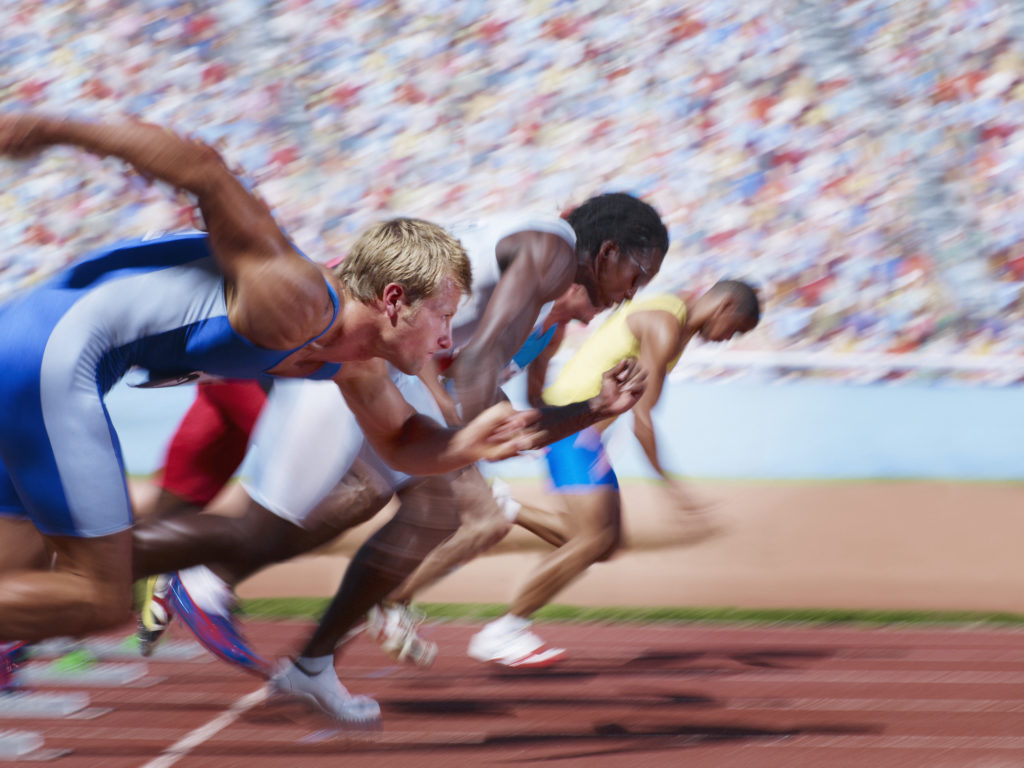
With the Rio Olympic Games looming, there are no doubt those tempted to use one of the biggest worldwide sporting events to promote goods or services for a commercial benefit, Olympic marketing. The reality is that the International Olympic Committee (IOC) has protected many of the well known terms from the words Olympic, Paralympic, the famous logo of the 5 interlinking rings to the torches, medals, mascots etc. (the “Olympic Marks”), by registering them as trade Marks in many variations and translations. This protection is also reinforced by further legislation; therefore any use by unauthorised parties that could be linked with the games could be infringing the rights afforded to the IOC.
Since the Sydney games in 2000, the IOC has insisted that each hosting country adopts legislation to restrict the use of the Olympic Marks and also to restrict the prevalence of ambush marketing. As such, brand protection guidelines have been released by the Rio 2016 committee to ensure that only the official sponsors can take full advantage of the Olympic Games.
When can you use the Olympic Marks?
- In any editorial or journalistic pieces including blogs and statement of fact etc. as long as there is no commercial purpose and any advertising space is either given to official sponsors or is clearly ensure no association to Rio 2016 is suggested.
- If communicating opinions, or to illustrate popular or cultural expressions, again provided there is no commercial purpose.
When can you not use the Olympic Marks?
- In any propaganda whether it be political, religious etc.;
- For promotion of products/sales including lottery draws, competitions (particularly in relation to winning tickets);
- As the trading name for any business, name of a website or domain name;
- For any projects or programmes, even if there is no commercial purpose;
- In any form that may infringe official sponsors’ intellectual property for example countdown clocks leading up to the Olympics regarding the official sponsor Omega.
There is perhaps the more obvious prohibition on creating unofficial products/materials, considering the official Rio 2016 merchandise started filling the shelves at the 2012 London games and is big business for the authorised licensees.
These restrictions are not just for the public but also apply to the athletes themselves. In a move to lessen the chances of ambush marketing, any competing athlete cannot appear in any sponsored advertising during the games and for 15 days either side. In more recent days they have also been warned about using their social media accounts for sponsored work in this period, unless of course for an official sponsor. Unofficial sponsors also need to be careful that they don’t inadvertently cause problems for the athletes by posting content which breaks the rules; this could include simple messages of support.
It is fair to say that with these guidelines in place, when arranging, organising or producing anything that could be associated with the Olympics – tread carefully. If you would like to discuss any of the issues further, please do not hesitate to contact our IP team on ip.it@stephens-scown.co.uk.
